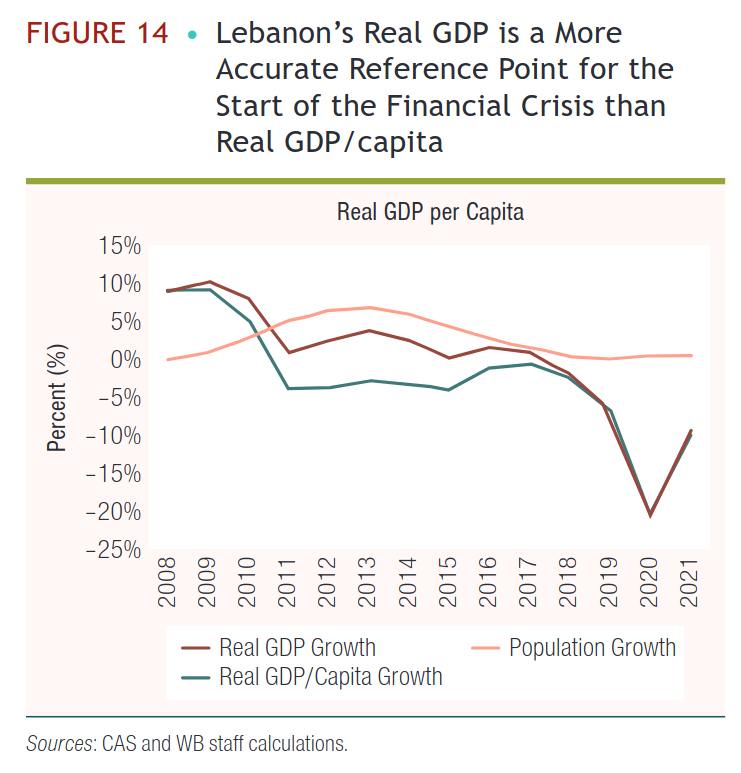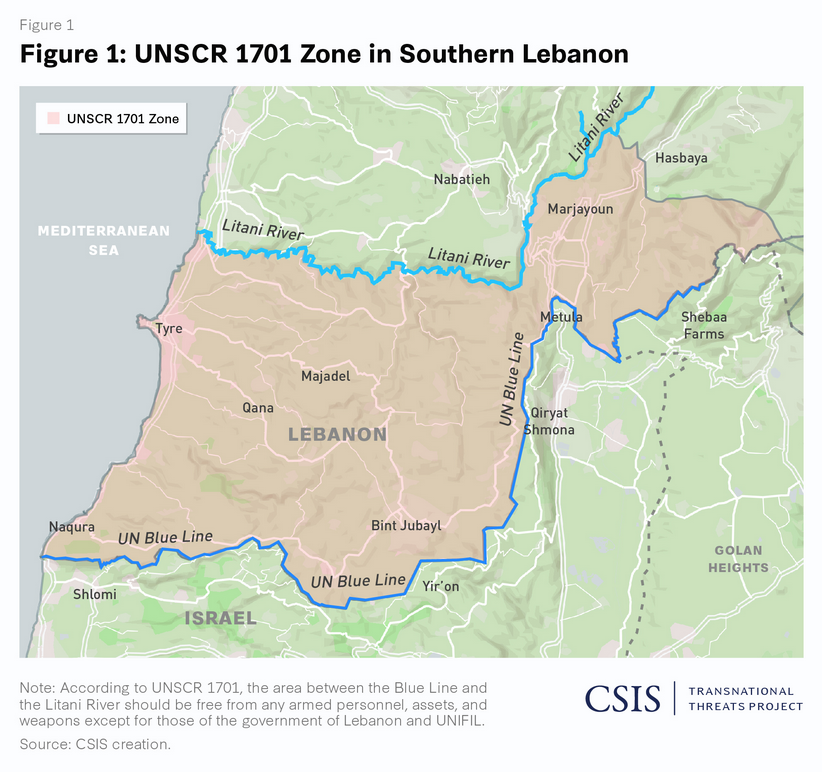October 1, 2024
Lebanon
- Total population: 5.5 million
- Lebanese nationals: 4.5 million
- Lebanese who have migrated since 1975: 1.8 million
- Lebanese in Canada: 0.5 million
- Internally displaced because of the war: 1 million
- Palestinian refugees: 0.5 million
- Iraqi refugees: 100,000
- Syrian refugees: 1.1 million
The Lebanese economy has collapsed since the pandemic, contracting by over 40%.
The country continues to be in a hyper-inflationary state with "inflation" regularly above 200%.
The country defaulted in 2020, meaning that it essentially declared its currency worthless.
The largest part of the economy is agriculture (20%+) of those employed.
The Banque du Liban (central bank) head has been arrested on corruption charges after leading the bank for 30 years – first appointed by Hariri in 1993. The banker was Hariri's account manager at Merrill Lynch in Paris. Hariri himself was one of the most wealthy individuals on the planet at the time.
The banker was found trying to leave the country with bags of cash in 2021 (he is also a French citizen). This was the same year that Lebanese banks had locked people out because of the lack of real money available.
The central bank program of printing money drove inflation. The central bank program of giving the printed money to the wealthy elite eliminated the lower 3/4 of the population's wealth. It was one of the worst examples of wealth distribution in history resulting in one of the worst economic depressions on record.
A deliberate policy of theft, along with the current economic situation, is called a Deliberate Depression by the World Bank. The elite engaged in every money laundering and financial theft program available to extract money from the economy and used international banking systems to move that money abroad.
The economics of Lebanon have been a mess because it was made to pay for the reconstruction of Beirut and the rest of the country after its civil war. The reconstruction followed a political path of pure neoliberalism. The political program resulted in the complete privatization of wealth generation financed by massive state debt (over 150% of debt to GDP). Yet it created no value generation to pay for that debt.

The crisis extends to the public sector and educational program:
The many crises severely impacted demand for education and student retention, especially as many parents can no longer afford private education for their children. School completion rates in primary (78 percent) and lower secondary education (59 percent) have already been declining over the last years.
The recent Programme for International Student Assessment (PISA) (OECD 2019) and Trends in International Mathematics and Science Study (TIMSS) (IEA 2020) show Lebanon as one of the lowest ranked countries in the region in terms of student learning outcomes. (World Bank)
The USA's wars in Syria and Iraq lead to a massive influx of refugees. The terrible situation in Israel for Palestinians only caused the refugee situation on it southern border to grow.
The UN and other countries provide subsistence support to these refugee systems to dissuade migration away from Lebanon, but are not focused on supporting the economy in a way that leads integration and work for refugees.
The country is unable to sustain itself, has been deliberately brought to its knees by an internationally facilitated heist by its elite, and is now in no position to deal with the death and destruction of the war on its southern border.
As with the Palestinian Territories, the destruction of its neighbours will not leave Israel safe and will not result in an "end" to the crisis, violence, and mayhem. Indeed, Israel's own economy is teetering on the verge of collapse as it finances its current violent tantrums with borrowed money. All economically supported by external players.
The economics of war are not unusual. They are driven by the most carefully constructed industrial strategies, they are financed through value extraction from the population, they create jobs through the value creation that follows destruction.
They are in no way financially sustainable.
Hezbollah is similar in that its economy is not based in the Lebanese economy. Its financing is external, its operations supported by an economy of its own making in a zone established by the international community. The economy of Hezbollah is situated within the neoliberal wealth redistribution of Lebanese capitalism.

Economic situations created by this kind of "war" inevitably lead to more war.
The cycle of violence is complex and political, but the ramifications have been and will be felt for years because of the additional economic impact. Poverty, farm lands destroyed, homes destroyed, production destroyed, entire populations of certain demographics lost, injuries sustained.
All these have to be paid for, one way or another.